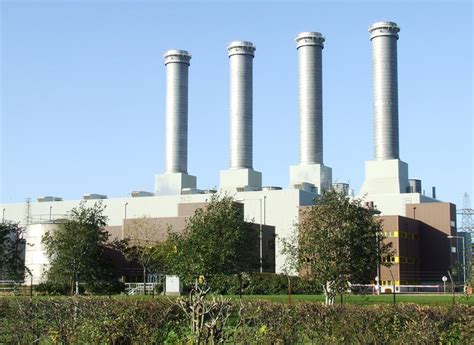Two fossil-legacy energy giants are to co-operate on a blue hydrogen plant at the Killingholme gas power station in Lincolnshire.
Uniper, the hydrocarbons-based generation business spun out of Germany’s E.On in 2016, has committed to develop with Shell a plant rated up to 720 MW to steam-reform blue H2 out of natural gas.
Proposed for operation by 2027, the venture will include carbon capture use and storage (CCUS). Under Uniper’s Humber Hub Blue project, salvaged CO2 will be pumped through a proposed onshore pipe, part of the Zero Carbon Humber project.
Itself part of the East Coast Cluster, which is tasked to remove half of Britain’s industrial emissions of carbon, the ZCH was recently selected as one of two CCUS schemes to receive early support under the government’s Cluster Sequencing Process.
The Humber Hub Blue Project recently passed the eligibility criteria to compete in the process’s second round. D-BEIS will announce winners next month. Operators then have until 2024 to green light construction, prior to commissioning operations three years later.
Output of the Killingholme venture could be as high as 1.6 million tonnes of carbon per year through CCS, contributing significantly to the Johnson administration’s goal of capturing and re-using 10 Mt per year by 2030.
Blue hydrogen remains controversial, due to the higher carbon content in its manufacture, compared to its green cousin, electrolysed carbon-free from super-abundant water with wind or solar electricity.
Cornell and Stanford scientists under Prof. Robert Howarth calculated last year that emissions of methane during blue hydrogen’s extraction could lead to its combustion being 20% more harming than burning natural gas. Chris Jackson, a key advisor on industrial hydrogen to the Johnson government, quit last year, angered at D-BEIS’s equivalence of the blue and green varieties in the government’s Hydrogen Strategy. Jackson decried blue hydrogen as an “expensive distraction”,
The Killingholme initiative follows the pair’s troth-plighting last year, dedicating themselves to pioneering a carbon economy in Europe.
Shell is also active in green hydrogen. This month it was due to welcome an expanded 100 MW electrolyser made by Sheffield’s ITM Power into operation on its Energy and Chemicals Park near Cologne. The EU Commission gave a capital grant of Euros 32.4 million to the plant.
In the UK, Uniper owns and operates seven power stations, a fast-cycle storage facility for gas, and two pipelines, from Theddlethorpe to Killingholme and from Blyborough to Cottam. Completing its UK stable is a long-term regasification plant at the Isle of Grain in Kent, which converts imported LNG back to natural gas.
Uniper Hydrogen’S CEO Axel Wietfeld heralded the Humber Hub Blue Project as “a key part of Uniper’s hydrogen ambitions in the UK. We’re extremely pleased that Shell is joining us.”
David Bunch, Shell UK’s country chair opined: “Shell is ready to play our part in ensuring an orderly transition to net zero while bolstering the UK’s energy security.
“We plan to invest up to £25 billion in the UK energy system over the next decade subject to Board approval, and more than 75% of this is for low and zero-carbon technology. Hydrogen and CCS will be key to these plans”.




